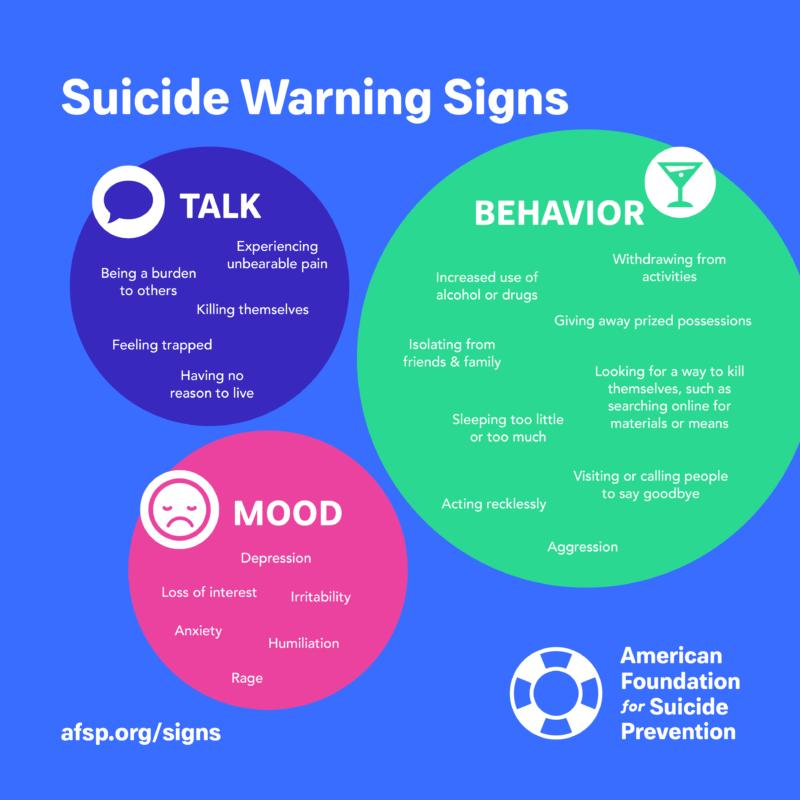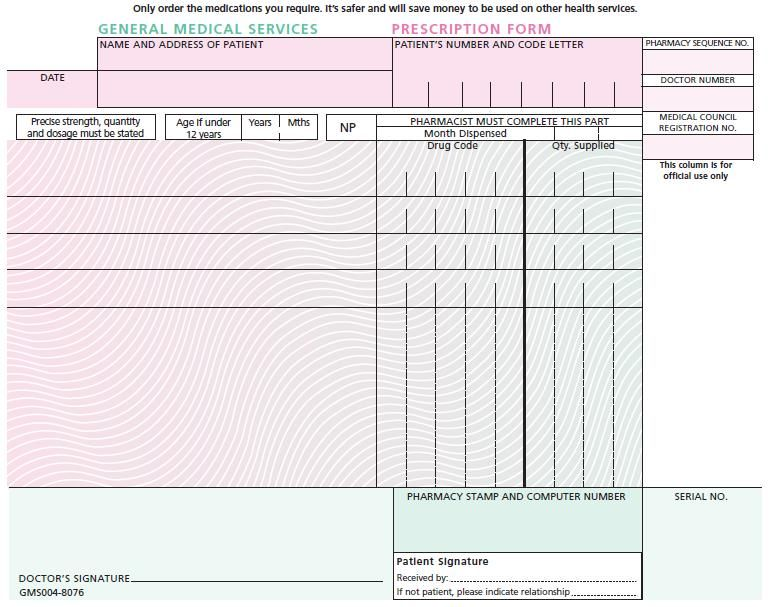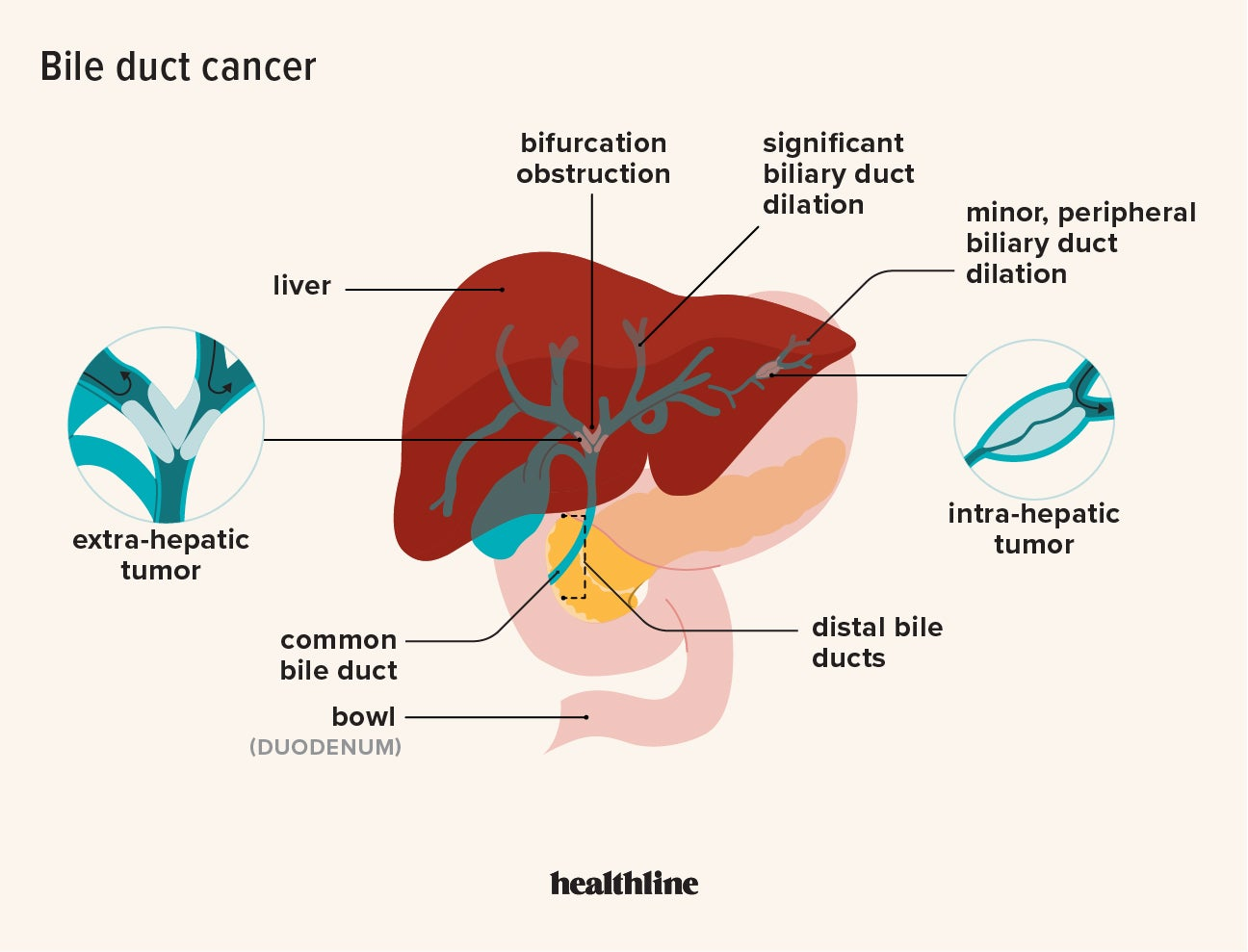Suicide prevention for older adults is a critical and often overlooked issue, as this demographic exhibits the highest suicide rates across age groups. Research indicates that adults aged 75 and older face significant mental health challenges, which contribute to an alarming increase in elderly suicide risk. Despite the growing need, there are limited mental health resources for seniors, especially those seeking help online. A recent study published in The American Journal of Geriatric Psychiatry calls attention to the scarcity of suicide resources for seniors, highlighting an urgent call for more targeted outreach from national organizations. As our society becomes increasingly digital, improving access to online suicide prevention efforts specifically designed for older adults is essential to address this pressing public health concern.
The topic of suicide prevention among senior citizens is gaining recognition as an urgent health priority. With older individuals facing unique challenges such as social isolation and mental health decline, understanding their needs is vital in addressing suicide risk among the elderly. Initiatives aimed at enhancing geriatric mental health care and providing tailored resources can play a significant role in combating this issue. By focusing on custom prevention strategies, communities can ensure that older adults have access to the necessary support systems. It is imperative to promote awareness that not only emphasizes the issue but also offers avenues for assistance and engagement for those seeking help.
Understanding the Risk of Suicide in Older Adults
Elderly populations, particularly those aged 75 and above, exhibit the highest rates of suicide compared to any other demographic group. This troubling trend underscores the need for a comprehensive understanding of the factors contributing to this increased risk. Factors such as social isolation, loss of loved ones, and the prevalence of chronic health conditions play significant roles in the mental health of older adults. Additionally, many seniors experience feelings of hopelessness and despair, which can exacerbate suicidal thoughts. Research consistently shows that this demographic is underrepresented in mental health studies, leading to a lack of tailored resources for their unique needs.
As social connectivity diminishes due to retirement, health issues, and the death of peers, the challenge of addressing elderly suicide risk becomes even more pronounced. Emotional support networks may shrink, leaving many older adults feeling isolated. This demographic often lacks essential mental health resources, which can lead to a worsening of their mental state. Studies have suggested that targeted interventions, like online suicide prevention programs specifically designed for seniors, could significantly decrease the vulnerability of this population and help connect them with necessary support.
Improving Mental Health Resources for Seniors
Ensuring that mental health resources for seniors are readily available and easily accessible is crucial in combating suicide rates among older adults. Unfortunately, many popular suicide prevention platforms do not cater to the unique needs of this demographic. A recent study highlighted that online resources often overlook vital information relevant to older adults, making it difficult for them to find the help they need. There is a pressing demand for platforms that can provide not just general mental health resources, but also specific strategies that resonate with the elderly experience.
Incorporating user-friendly online interfaces that cater specifically to seniors can improve engagement and accessibility. For instance, mental health resources could feature content that is age-appropriate and easy to navigate, utilizing larger fonts and clear language. Moreover, integrating support tools, such as virtual counseling or peer support networks, could bridge gaps in healthcare services. Not only is this a way to foster connection among older adults, but it is also an essential step toward destigmatizing mental health issues within this age group.
The Importance of Online Suicide Prevention for Seniors
In today’s digital age, online suicide prevention is particularly important for seniors, who increasingly seek health information through the internet. However, existing platforms often do not cater effectively to the elderly demographic. Many older adults may feel overwhelmed by the volume of available information and struggle to differentiate between reputable sources and less credible platforms. This highlights a critical lag in current online suicide prevention efforts, which must adapt to meet the needs of an aging population.
Targeted online suicide prevention programs for older adults could effectively address this gap by providing tailored content that resonates with their life experiences. For example, incorporating stories of resilience from peers or educational materials on recognizing signs of depression could empower older adults to seek help. Through simplified navigation and relevant resources, online platforms can not only increase accessibility but also promote a sense of community among those who may feel isolated in their struggles.
Geriatric Psychiatry: A Key Component to Prevention
Geriatric psychiatry emerges as a vital discipline in the fight against elderly suicide. This branch of psychiatry focuses specifically on the mental health needs of older adults, emphasizing the necessity of tailored approaches to treatment and prevention. Geriatric psychiatrists are trained to recognize the nuanced factors affecting the mental well-being of seniors, including coexisting medical conditions and the unique psychological stresses of aging. Their expertise can guide the development of effective intervention strategies that target the elderly population.
By integrating geriatric psychiatry into broader suicide prevention efforts, organizations can create specialized programs that address the concerns of older adults. For instance, fostering collaborations between geriatric care providers and mental health organizations can enhance the resources available to seniors in crisis. Continued research and funding in geriatric psychiatry will be paramount in developing innovative solutions aimed at reducing elderly suicide risk and improving mental health outcomes.
Addressing Systemic Biases in Mental Health Care for Seniors
Systemic biases within the healthcare system significantly impact the availability and quality of mental health resources for seniors. Older adults are often overlooked in mental health research, leading to a lack of understanding of their specific needs and challenges. These biases not only affect the development of mental health programs but also shape public perception of older adults’ mental health issues. Addressing these systemic barriers is crucial for improving the accessibility of care.
To combat these biases, it is essential to involve older adults in the development of mental health initiatives. Their firsthand experiences can provide invaluable insights into the types of support and resources that would be most beneficial. Moreover, educating healthcare providers on the unique challenges faced by seniors can cultivate more empathetic and effective care strategies. By creating a more inclusive mental health landscape, we can ensure that older adults receive the support they need and deserve.
Creating Targeted Campaigns for Older Adults
Developing targeted campaigns for older adults is vital in raising awareness and promoting suicide prevention resources specifically designed for this population. Such campaigns should emphasize the high rates of elderly suicide and the need for early intervention. By highlighting stories of recovery and resilience, these campaigns can destigmatize discussions around mental health among seniors, encouraging them to seek help when needed.
Additionally, utilizing a multi-channel approach that includes both online platforms and traditional media can ensure that information reaches older adults effectively. Community forums, workshops, and informational sessions can play a pivotal role in disseminating crucial knowledge regarding available mental health resources. By engaging the community and fostering a supportive environment, we can significantly enhance the reach and impact of suicide prevention initiatives for older adults.
Utilizing Technology for Enhanced Access to Mental Health Support
The effective use of technology can greatly enhance access to mental health support for older adults. With a growing number of seniors becoming technologically savvy, there is an opportunity to leverage digital tools to provide information and resources. Online platforms can offer tailored applications or websites that focus specifically on the mental health needs of older adults, making it easier for them to access support without the barriers often present in traditional healthcare settings.
For example, telehealth services can provide timely mental health consultations from the comfort of a senior’s home, addressing transportation and mobility issues that can impede access to care. These services can connect older adults with mental health professionals who understand geriatric psychiatry, ensuring they receive the appropriate support for their unique challenges. By promoting and investing in technology-driven care solutions, we can help facilitate better mental health outcomes for the aging population.
Encouraging Community Support Programs
Community support programs play an essential role in suicide prevention among older adults by fostering social connections and providing a network of support. These programs can serve as safe spaces where seniors can share their experiences, form relationships, and participate in various activities that combat loneliness. By emphasizing inclusivity, community support programs can help demystify mental health challenges and encourage seniors to seek help from both their peers and professionals.
Moreover, involving community members in volunteer positions can cultivate a sense of purpose and belonging among older adults. Opportunities for engagement might include mentoring younger generations or participating in health advocacy. By empowering seniors to take an active role in their communities, these programs not only enhance individual well-being but also contribute to broader societal efforts aimed at reducing elderly suicide rates by addressing underlying issues such as isolation and stigma.
Advocating for Increased Funding in Late-Life Suicide Prevention
Increasing funding for late-life suicide prevention is critical to addressing the rising rates of suicide among older adults. With a significant gap in resources tailored to this population, advocacy for financial support to develop targeted programs and research is essential. This funding can help facilitate studies focused on the mental health needs of seniors, leading to the creation of evidence-based interventions that can effectively reduce suicide risk.
In addition to direct funding for research, resources are needed for training healthcare professionals on best practices in geriatric psychiatry. Many practitioners may lack the knowledge necessary to identify and treat mental health issues specific to seniors effectively. By investing in training, healthcare providers can be better equipped to support older adults struggling with suicidal thoughts and provide timely interventions. Ultimately, advocating for increased funding could lead to a much-needed overhaul in the approach to mental health care for the elderly.
Frequently Asked Questions
What are the main mental health resources for seniors to prevent elderly suicide risk?
Mental health resources for seniors specifically targeting elderly suicide prevention include community support groups, helplines like the National Suicide Prevention Lifeline, and tailored services from geriatric psychiatry specialists that understand the unique challenges older adults face. Accessing these resources can be vital for those experiencing suicidal thoughts.
How can online suicide prevention efforts be improved for older adults at risk?
To improve online suicide prevention for older adults, organizations should create easily navigable websites that offer targeted information and support. This includes clear guidance on how to access mental health resources for seniors and information about local geriatric psychiatry services, which could help address the growing elderly suicide risk.
What is the role of geriatric psychiatry in addressing elderly suicide risk?
Geriatric psychiatry plays a crucial role in mitigating elderly suicide risk by providing specialized care that focuses on the unique mental health needs of older adults. This includes diagnosing and treating conditions that may lead to suicidal thoughts and offering tailored support to enhance their overall well-being.
Why is it essential to focus on suicide resources for seniors?
Focusing on suicide resources for seniors is essential because older adults represent the highest suicide rates among all age groups. By improving access to targeted online suicide prevention resources and community-based support, we can address the social isolation and mental health challenges that contribute to their increased risk.
What factors contribute to the increased elderly suicide risk among individuals aged 75 and older?
Factors contributing to the increased elderly suicide risk among those aged 75 and older include social isolation, loneliness, mental health disorders, and under-representation in research. These issues highlight the urgent need for specialized mental health resources for seniors that address their unique circumstances.
How can families help in the prevention of elderly suicide?
Families can help in the prevention of elderly suicide by staying connected, providing emotional support, and encouraging their loved ones to seek mental health resources for seniors. Open conversations about mental health and guiding them to available support services can make a significant difference.
What role does social isolation play in the elderly suicide risk?
Social isolation is a significant contributor to elderly suicide risk, often leading to feelings of loneliness and despair. This highlights the need for targeted interventions and community engagement strategies to improve social connections among older adults and promote suicide resources specifically designed for them.
Where can I find reliable online suicide prevention resources for older adults?
Reliable online suicide prevention resources for older adults can be found through websites of national organizations, such as the National Alliance on Mental Illness (NAMI) and Mental Health America. Additionally, specific sections dedicated to seniors on these platforms provide crucial information and support tailored to their needs.
| Key Points |
|---|
| Older adults age 75+ have the highest suicide rates among all age groups. |
| Current resources from national suicide prevention organizations are not easily accessible to older adults. |
| The study highlights the urgent need for tailored suicide prevention efforts for older adults. |
| Older adults frequently seek health information online but struggle to find relevant resources. |
| Social isolation, loneliness, and systemic biases contribute to the increased risk of suicide in older adults. |
| Targeted campaigns and increased funding for research on suicide prevention for older adults are necessary. |
Summary
Suicide prevention for older adults is an urgent public health concern, as seniors aged 75 and older represent the highest rates of suicide among all age groups. Despite this alarming trend, resources specifically aimed at assisting this demographic remain scarce and difficult to locate. It is essential to develop more accessible and targeted campaigns that address the unique needs of older adults. Increasing public awareness about their plight, ensuring that promising suicide prevention strategies are accessible, and increasing funding for research can help mitigate this crisis. Ultimately, enhancing the resources available for older adults in suicide prevention can save lives and improve their mental health outcomes.




